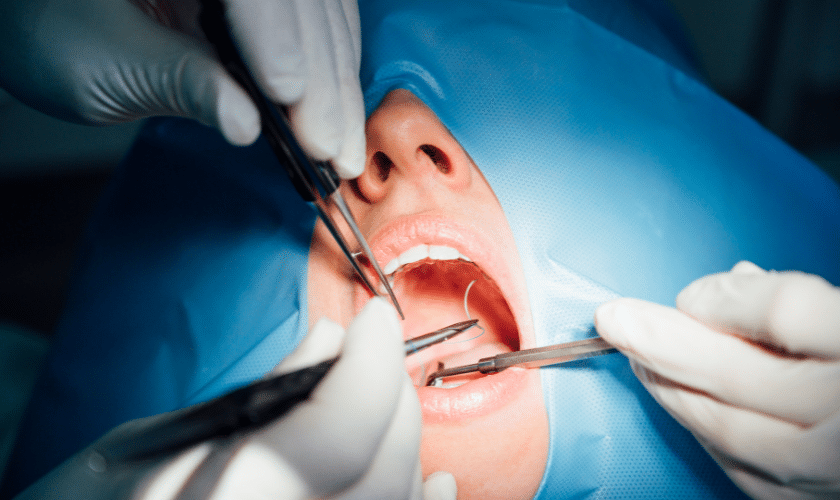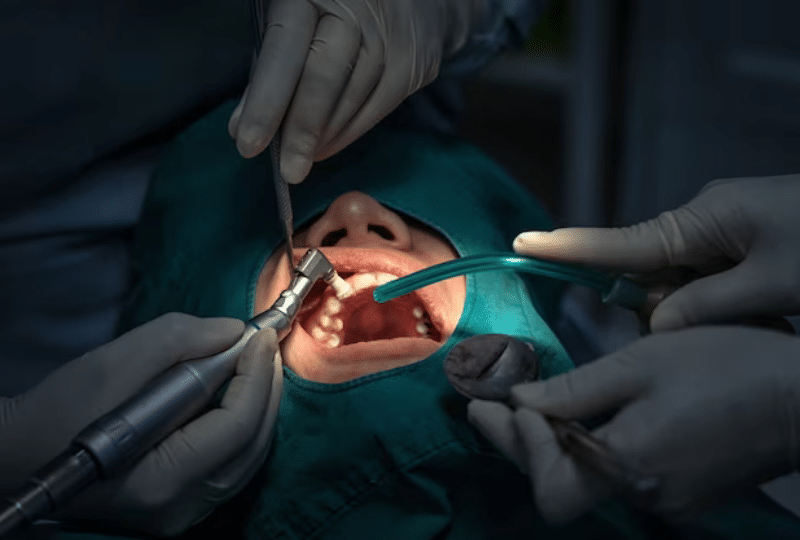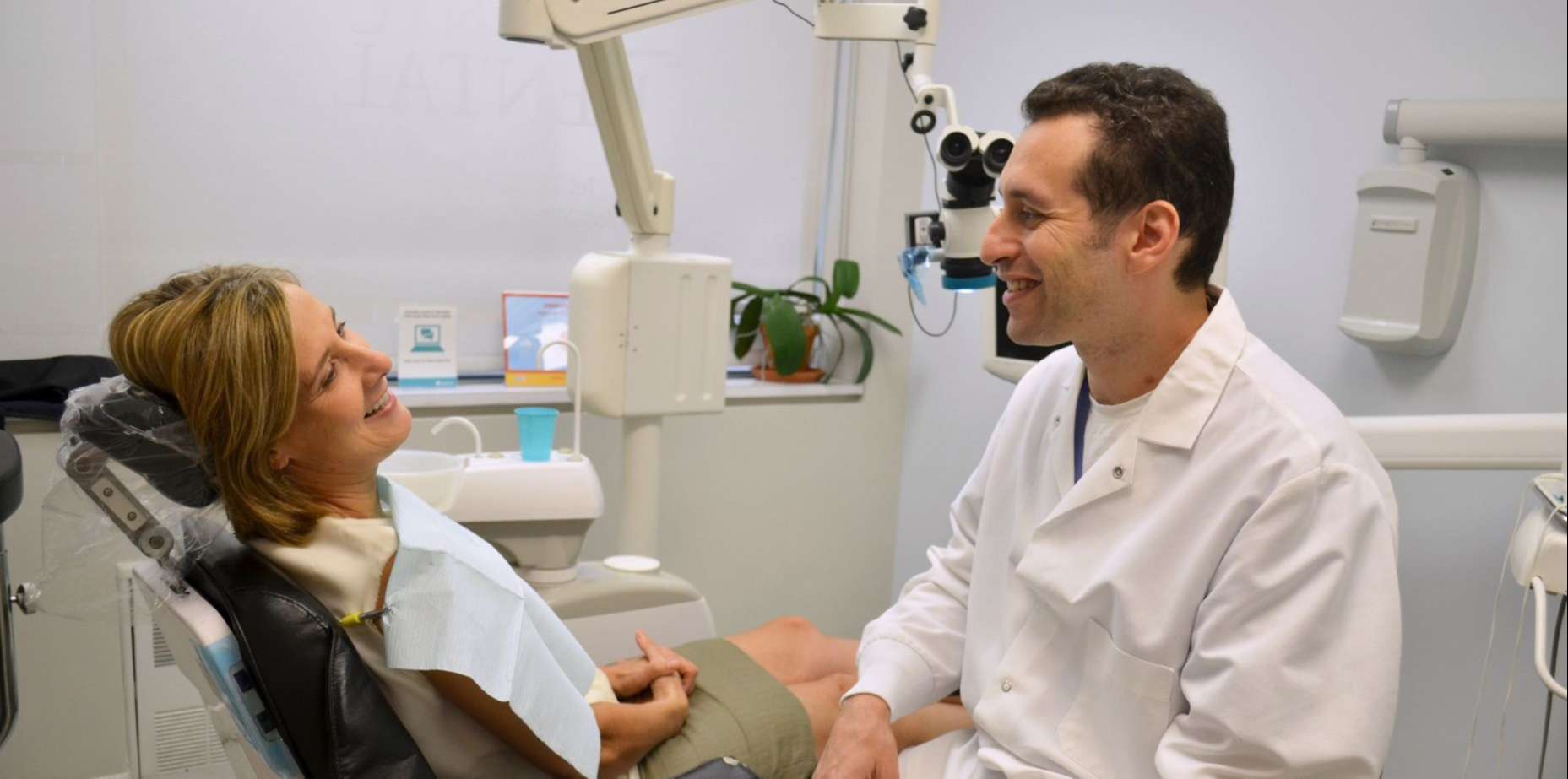
Misaligned jaws and bite issues can affect more than just your appearance; they can impact your overall oral health and quality of life. Fortunately, advancements in oral surgery offer effective solutions to correct these problems and restore both function and aesthetics to your smile. In this article, we’ll delve into the role of oral surgery in addressing jaw misalignment and bite issues, exploring various treatments and their benefits.
Understanding Jaw Misalignment
The Importance of Jaw Alignment
A well-aligned jaw is crucial for proper chewing, speaking, and overall facial harmony. When the upper and lower jaws do not meet correctly, it can lead to a range of issues, including:
- Difficulty Chewing: Misaligned jaws can make it challenging to bite and chew food properly, leading to digestive problems and malnutrition.
- Speech Impediments: Jaw misalignment can affect the position of the tongue and interfere with speech, causing lisps or other speech impediments.
- TMJ Disorders: Temporomandibular joint (TMJ) disorders are common among individuals with jaw misalignment, resulting in pain, clicking, or locking of the jaw.
Common Causes of Jaw Misalignment
Several factors can contribute to jaw misalignment, including:
- Genetics: Inherited traits can play a significant role in jaw structure and alignment.
- Injury: Trauma to the face or jaw can disrupt the alignment of the jaws.
- Malocclusion: Irregularities in the teeth, such as overbites, underbites, or crossbites, can affect jaw alignment.
- Childhood Habits: Thumb sucking, prolonged pacifier use, or tongue thrusting can alter the development of the jaws and lead to misalignment.
Treating Jaw Misalignment with Oral Surgery
While orthodontic treatments like braces or aligners can address mild to moderate cases of jaw misalignment, more severe cases may require surgical intervention. Oral surgery, performed by a skilled oral and maxillofacial surgeon, aims to reposition the jaws to achieve proper alignment and function.
Orthognathic Surgery:
Also known as corrective jaw surgery, orthognathic surgery involves repositioning the upper and lower jaws to improve bite alignment and facial symmetry. This procedure is often recommended for patients with severe malocclusions or skeletal discrepancies.
TMJ Surgery:
In cases where TMJ disorders are caused by structural issues within the jaw joint, surgical procedures may be necessary to repair or realign the joint, alleviating pain and restoring function.
Bone Grafting:
In some instances, bone grafting may be required to augment the jawbone and provide adequate support for orthognathic surgery or dental implants.
Benefits of Oral Surgery for Jaw Misalignment
- Improved Functionality: By aligning the jaws properly, oral surgery can enhance chewing, speaking, and breathing functions, improving overall quality of life.
- Enhanced Aesthetics: Correcting jaw misalignment can have a dramatic impact on facial aesthetics, harmonizing facial proportions and creating a more balanced and attractive smile.
- Long-Term Stability: Oral surgery aims to address the root cause of jaw misalignment, offering a more permanent solution compared to traditional orthodontic treatments alone.
- Reduced Risk of Complications: Untreated jaw misalignment can lead to various complications, including tooth wear, jaw pain, and TMJ disorders. Oral surgery can help mitigate these risks and prevent further damage to oral structures.
Oral surgery offers a comprehensive solution for correcting jaw misalignment and bite issues, restoring both function and aesthetics. With advancements in surgical techniques and personalized treatment approaches, patients can achieve optimal outcomes and enjoy improved oral health and quality of life. If you’re struggling with jaw misalignment or bite issues, don’t hesitate to consult with a reputable Los Angeles dentist or oral surgeon to explore your treatment options and embark on the journey towards a healthier, happier smile.



